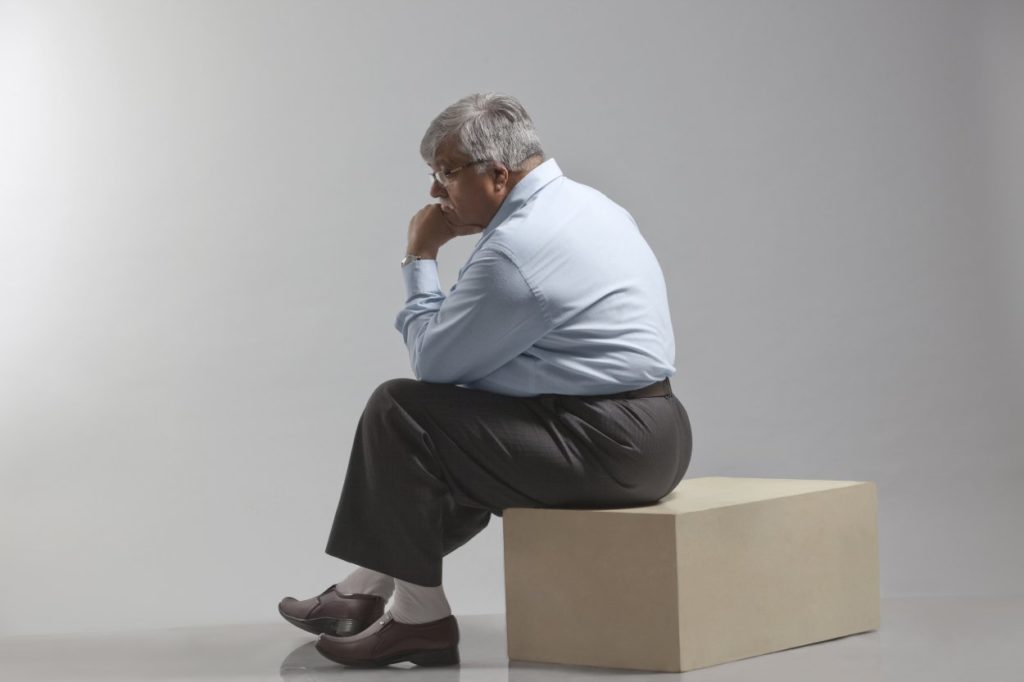The Ramifications of Obesity in Old Age

Growing old is inevitable and a fact of life that we all need to come to terms with. However, the way we age, whether gracefully or not, can be somewhat premeditated by how we lead our lives. There are a number of key factors involved in taking care of ourselves as we get older, and if we take these into account, our bodies will be stronger and more able to handle the effects of aging.
Obesity causes serious medical complications at any age. However obesity-related illnesses such as diabetes, cardiovascular disease, hypertension and osteoarthritis can lead to considerable morbidity, impaired quality of life, and premature death in the elderly. Obesity has important functional implications as it intensifies the deterioration of daily functioning that is associated with aging and expedites frailty. Ongoing decline in muscle mass and strength and an increase in joint dysfunction and arthritis affects day to day activities such as grooming, eating, shopping and cleaning, and ultimately the overall quality of life.
Excess body weight and weight gain during middle age may contribute to medical complications and increased medical expenses during old age. When a person is overweight and does not feel good about themselves, depression can set in. This can prevent a senior from socializing with others, becoming extremely lonely and losing the will to live. Certain medications are responsible for weight gain such as steroids and certain anti-depressants, and should be evaluated by a doctor to determine if there are any alternatives.
Obesity has been linked to an abundance of illnesses and it is therefore vital that you watch your calorie intake as you age. Slowing down is part of advancing age and as you reduce your physical activity, you lose muscle mass and increase your fat levels. This in turn leads to fewer calories being burned and a reduction in your BMR. When your calorie intake is not adjusted accordingly and you continue to overeat, it is inevitable that you will gain more weight.
Staying active is a fundamental requirement to help maintain muscle mass and keep your body fat levels low. This will enable your BMR to stay higher which will in turn burn more calories. Moderate weight loss in conjunction with physical activity will help improve your daily physical functioning and health-related issues. Arthritis, especially in the knees tends to ease a little when obese individuals lose weight, enabling a person to manage their daily routines easier.
Regular physical activity will help increase bone mass and preserve muscle, which will help strengthen your body, prevent injuries, ease arthritis pain and have an overall positive effect on your well-being. Older, obese patients should be assessed by a physician before beginning an exercise program. A trained professional should be consulted to develop and monitor an appropriate exercise routine, which should include stretching, aerobics and strength exercises, in order to prevent injuries, to help set goals and to continually monitor your progress.